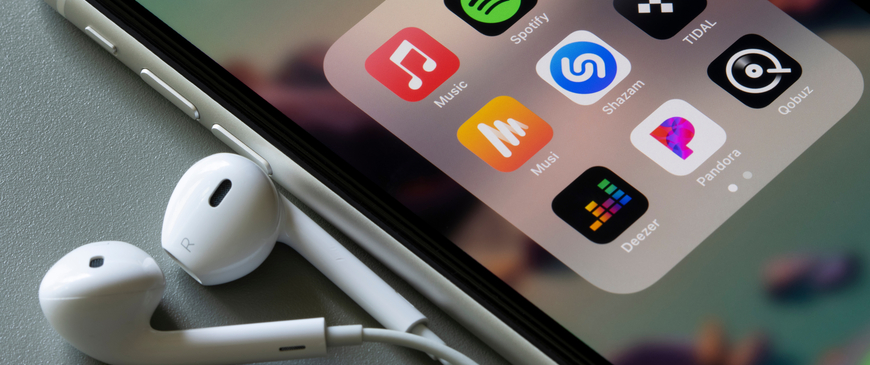
EU officials say common charger will help consumers and environment
Zach Meyers, a senior research fellow at the Centre for European Reform, said that the speed of the agreement reflected EU lawmakers' increased "willingness to act quickly in setting digital policy, even when introducing requirements that have little global precedent."
"For example, it could slow down the adoption of new charging technologies, which might enable thinner and smaller devices or faster charging and data transfers," he said.
But, he added, "it is not clear that the rules will dramatically stifle innovation" because "many manufacturers had already adopted the USB standard, which is evolving, and companies are putting more investment into wireless charging."
He added that the largest manufacturer to be impacted by the decision is Apple but pointed out that the company is already migrating to USB-C for tablets and laptops.
"This probably reflects both the awkwardness of Apple opposing an environmental measure, given its emphasis on its green credentials, and a desire to limit its battles with the EU, given the higher-stakes antitrust investigations against Apple and the impending Digital Markets Act," Meyers said.
